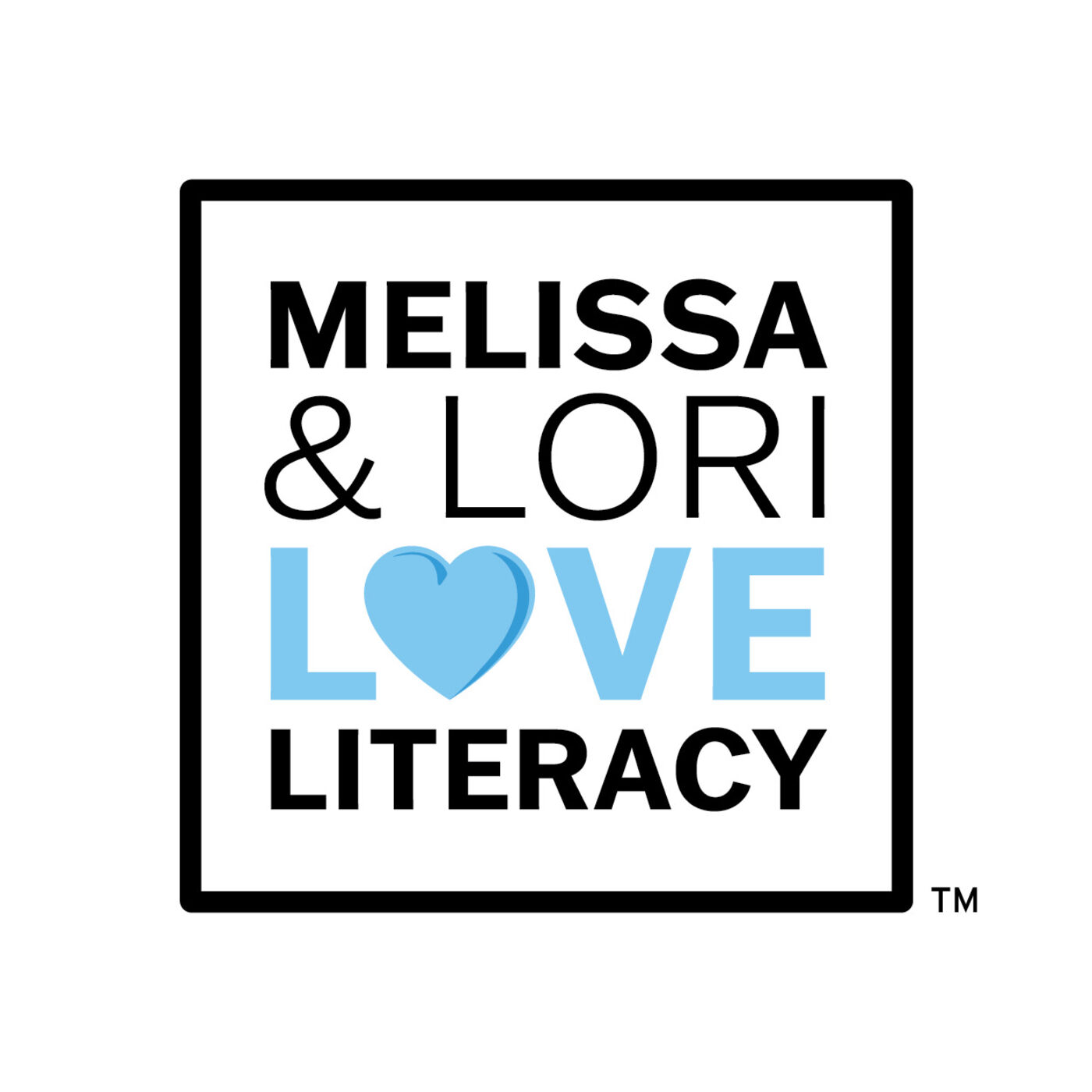- After-Shows
- Alternative
- Animals
- Animation
- Arts
- Astronomy
- Automotive
- Aviation
- Baseball
- Basketball
- Beauty
- Books
- Buddhism
- Business
- Careers
- Chemistry
- Christianity
- Climate
- Comedy
- Commentary
- Courses
- Crafts
- Cricket
- Cryptocurrency
- Culture
- Daily
- Design
- Documentary
- Drama
- Earth
- Education
- Entertainment
- Entrepreneurship
- Family
- Fantasy
- Fashion
- Fiction
- Film
- Fitness
- Food
- Football
- Games
- Garden
- Golf
- Government
- Health
- Hinduism
- History
- Hobbies
- Hockey
- Home
- How-To
- Improv
- Interviews
- Investing
- Islam
- Journals
- Judaism
- Kids
- Language
- Learning
- Leisure
- Life
- Management
- Manga
- Marketing
- Mathematics
- Medicine
- Mental
- Music
- Natural
- Nature
- News
- Non-Profit
- Nutrition
- Parenting
- Performing
- Personal
- Pets
- Philosophy
- Physics
- Places
- Politics
- Relationships
- Religion
- Reviews
- Role-Playing
- Rugby
- Running
- Science
- Self-Improvement
- Sexuality
- Soccer
- Social
- Society
- Spirituality
- Sports
- Stand-Up
- Stories
- Swimming
- TV
- Tabletop
- Technology
- Tennis
- Travel
- True Crime
- Episode-Games
- Visual
- Volleyball
- Weather
- Wilderness
- Wrestling
- Other
Ep. 151: Science of Reading for ALL Students: Language Variation and Reading with Julie Washington
In today’s episode, Julie Washington discusses how literacy learning can be supported by language variations. Reading and language are intertwined. Reading influences language and language influences reading. It’s a reciprocal process! How can we, as educators and practitioners, leverage students’ strengths in language variations to learn to read? <br/><br/>What if we told you that understanding language variations could significantly impact the way we approach literacy and education for African American children? Join us in this insightful conversation with Julie Washington, a professor at the University of California, Irvine, who specializes in the intersection of language and literacy. Discover how her research on language variations as a strength, rather than a weakness, can reshape our perspectives on cultural dialects, early literacy skills, and language development.<br/><br/>Julie brings her expertise to light by highlighting the importance of African American English in the classroom and the challenges it faces, both from the broader society and within the African American community. We explore the practical consequences of treating this dialect as low-prestige and discuss the need for students to be able to use both systems of language. <br/><br/>We dive into resources for educators to better understand these variations and emphasize the importance of differentiated instruction and high expectations for all students. Tune in and equip yourself with the knowledge to make a difference in the lives of your students, no matter their language background.ResourcesTeaching Reading to African American Children by Julie Washington and Mark Seidenberg Struggling Readers Who Speak African-American English Need Support - And Respect by Natalie Wexler Minority Student Achievement Network The Opportunity Myth by TNTPThe Academic English Mastery Program by LAUSDConnect with usFacebook and join our Facebook Group Twitter Instagram Visit our website to stay connected with Melissa and Lori! Helping teachers learn about science of reading, knowledge building, and high quality curriculum.

